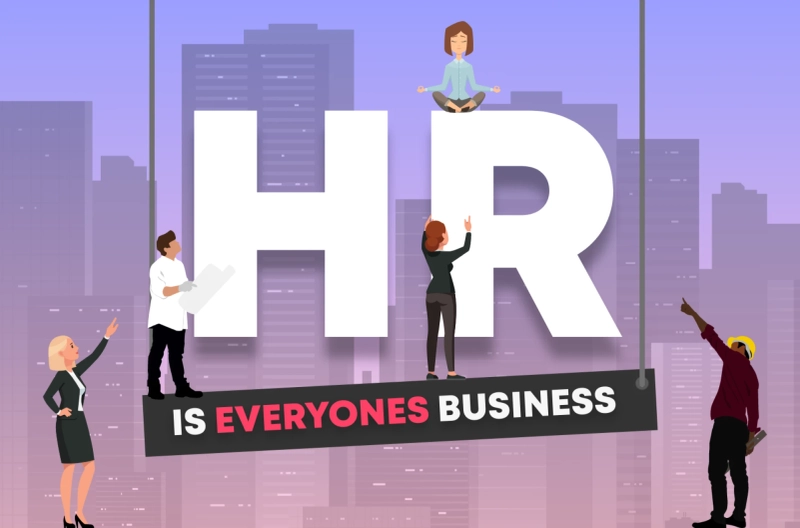Introduction:
As humanity extends its reach beyond Earth, settling on Mars becomes a plausible reality. Just as Earthly organizations rely on Human Resource Information Systems (HRIS) to manage personnel data efficiently, the Martian frontier demands its own unique approach to HRIS. Martian Logic in HRIS is a concept that delves into the adaptation and evolution of human resource management tools for the challenges and opportunities presented by Martian colonization.
Challenges of Martian Human Resources:
Interplanetary Workforce Dynamics:
Mars presents a unique set of challenges when it comes to managing a workforce. The interplanetary nature of operations means that employees may work on a different day/night cycle, experience different gravitational conditions, and face communication delays due to the vast distance from Earth. HRIS needs to accommodate these variations, ensuring smooth collaboration and productivity.
Space-Adapted Skill Sets:
The skills required for successful Martian colonization differ significantly from those needed on Earth. HRIS on Mars must facilitate the identification and development of space-adapted skill sets, including expertise in robotics, extraterrestrial agriculture, and advanced engineering tailored to the Martian environment.
Psychological Well-being:
Living on Mars poses psychological challenges due to isolation, limited social interactions, and the distant view of Earth. Martian Logic in HRIS should incorporate features that address mental health concerns, fostering a supportive work environment and providing resources for psychological well-being.
Adaptations in HRIS for Mars:
Biometric Data for Martian Conditions:
Martian settlers experience different environmental conditions, including lower gravity and altered atmospheric composition. HRIS should integrate biometric data specific to Mars, enabling continuous monitoring of employee health and adapting work conditions accordingly.
Virtual Reality (VR) Integration:
Given the physical and temporal separation between Earth and Mars, HRIS should leverage VR technologies to facilitate real-time virtual meetings, training sessions, and team collaborations. This not only bridges the gap between the two planets but also enhances the sense of connectedness among the Martian workforce.
Adaptive Learning Systems:
To address the need for space-adapted skill sets, Martian HRIS should implement adaptive learning systems. These systems use artificial intelligence to analyze individual learning patterns, tailoring training programs to enhance skills relevant to Martian colonization.
Remote Health Monitoring:
Remote health monitoring is critical on Mars due to the lack of immediate medical facilities. HRIS can integrate advanced health monitoring tools, allowing real-time tracking of vital signs and enabling swift responses to potential health issues.
Augmented Reality (AR) for On-Site Guidance:
Mars has a harsh and unfamiliar terrain. AR integrated into HRIS can provide on-site guidance for tasks such as equipment maintenance or scientific experiments. This ensures that employees have access to relevant information and instructions in real-time, enhancing safety and efficiency.
Opportunities for Martian HRIS:
Diversity and Inclusion in Space:
Martian colonization offers an opportunity to redefine diversity and inclusion. Martian HRIS can play a pivotal role in ensuring equal opportunities for individuals from various backgrounds, fostering a diverse and inclusive interplanetary workforce.
Innovative Talent Acquisition:
HRIS can be leveraged to identify and recruit individuals with unique skills and expertise relevant to Martian exploration. The system can streamline the talent acquisition process, identifying candidates who excel in fields crucial for sustaining life on Mars.
Interplanetary Collaboration:
HRIS designed for Mars can facilitate collaboration between Earth and Mars, creating a seamless flow of information and resources. This interplanetary collaboration can lead to joint research initiatives, shared expertise, and a collective effort to address challenges specific to each planet.
As humanity sets its sights on the Red Planet, the adaptation of HRIS to Martian Logic becomes imperative. The challenges presented by Mars require innovative solutions, and HRIS stands at the forefront of managing the human aspects of colonization. By integrating technologies tailored to the Martian environment and fostering a supportive and inclusive workplace, Martian HRIS can contribute significantly to the success of interplanetary endeavors, marking a new chapter in the evolution of human resource management beyond Earth. Happy birthday to Martian Logic in HRIS – a testament to human adaptability and technological innovation on our journey to the stars.



